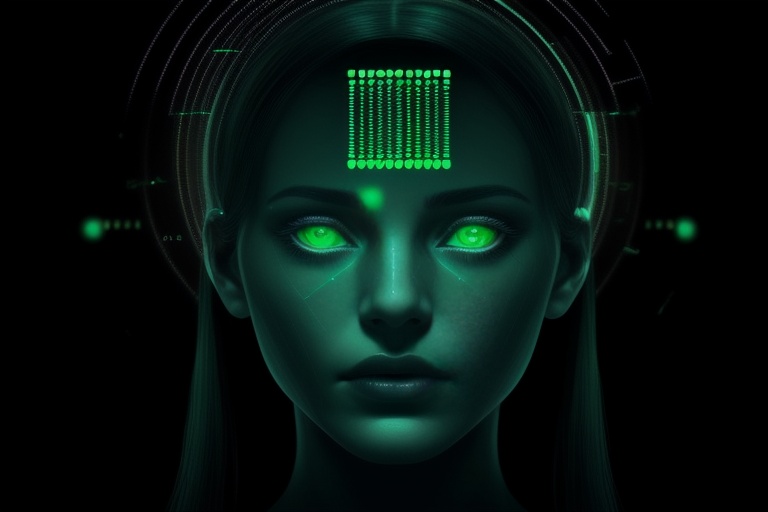Artificial intelligence (AI) and Information Technology (IT) are two realms that have grown to be deeply intertwined, each playing a pivotal role in the modern landscape of computer science. AI is dedicated to crafting systems that simulate human intelligence, performing tasks that generally require the cognitive function of human minds. On the other hand, IT focuses on leveraging technology to manage and process data effectively.
Artificial intelligence (AI) and Information Technology (IT) are two realms that have grown to be deeply intertwined, each playing a pivotal role in the modern landscape of computer science. AI is dedicated to crafting systems that simulate human intelligence, performing tasks that generally require the cognitive function of human minds. On the other hand, IT focuses on leveraging technology to manage and process data effectively.
Both sectors boast significant potential for those pursuing a career, laden with vast opportunities and, as with most pioneering technologies, their share of challenges and complexities concerning ethical implications. As these technologies evolve, several critical issues emerge that need direct and immediate attention to ensure their responsible integration into society.
One of the most pressing concerns in the development of AI is the challenge of bias and fairness. The algorithms that drive AI systems are only as unbiased as the data they are trained on, and if this data reflects existing prejudices, then the AI will too. It is essential that we actively engage in creating more equitable algorithms to avoid perpetuating societal disparities.
Privacy and security form another critical pillar of concern. With an ever-expanding digital footprint, safeguarding personal information becomes more complex and more critical. AI and IT developments should prioritize robust security measures to protect against breaches and misuse of data, ensuring users' privacy is respected and maintained.
As AI systems become more advanced, the possibility of job displacement is a tangible fear for many. While automation can lead to more efficient processes, it also threatens to render certain job roles obsolete. It's essential that industry and policymakers collaborate to find solutions that support job retention and foster a workforce that can thrive alongside AI, perhaps through retraining or education programs.
Accountability and transparency are cornerstones of an ethically sound AI and IT framework. Companies and developers must be transparent about the capabilities and limitations of their systems, ensuring that there is accountability for the outcomes of AI decision making, good or bad. An open dialogue about the workings and implications of these technologies is paramount for building trust with the general public.
Despite these challenges, the advancement of AI and IT is inexorable, sculpting our society in countless ways. Keeping abreast of new technologies, methodologies, and their corresponding ethical considerations is not just beneficial—it's imperative for anyone directly or tangentially involved in these fields.
As we explore and delve into these topics, our understanding and contributions can lead to more responsible and conscientious development and application of AI and IT. Engaging in this continual learning process enriches not only our professional endeavors but also the very fabric of our daily lives as we interact with technology. By fostering an informed community, we can navigate the complex interplay of AI and IT as they continue to transform the world around us.
Information for this article was gathered from the following source.




